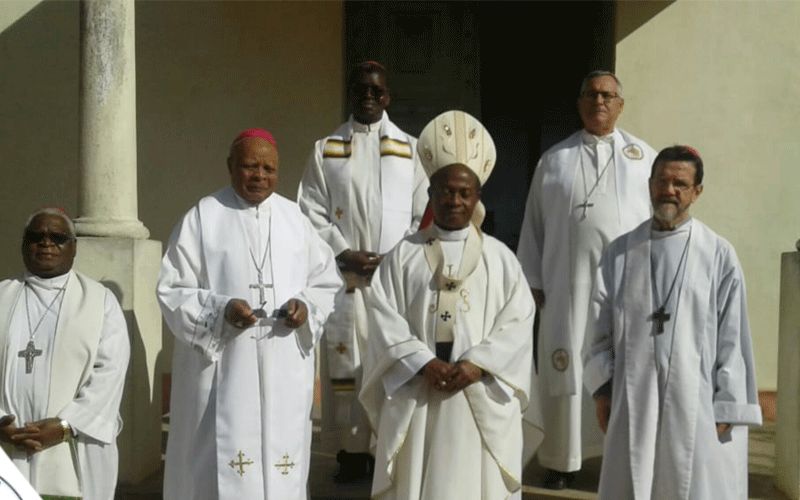Cabo Delgado, 30 May, 2020 / 2:25 am (ACI Africa).
Bishops serving in the Ecclesiastical Province of Nampula in Mozambique are “deeply concerned” about the “mysterious and incomprehensible” conflict in the region of Cabo Delgado located in the northern part of the country and call on the warring parties to chart the way to peace “through tolerance, political dialogue and respect for the dignity and rights of every human being.”
“We are deeply concerned about the worsening situation in Cabo Delgado which, in practice, has become the scene of a mysterious and incomprehensible conflict where violent fighting is taking place,” the Bishops of the Ecclesiastical Province of Nampula have said in a collective statement released Thursday, May 28.
The Bishops decry the violence “that has been going on since 2017 and is spreading throughout the Province and with it so many other forms of violence and violation of human rights, deteriorating the already precarious living conditions and causing great suffering to the people.”
According to a report, fighting in the region of Cabo Delgado started in October 2017 when an Islamist armed group known locally as Al-Sunna wa Jama’a (ASWJ) attacked a police station in Mocimboa da Praia district.
Since then, the group has reportedly carried out more than 350 attacks, killing over 600 people and leaving over 115,000 displaced.








